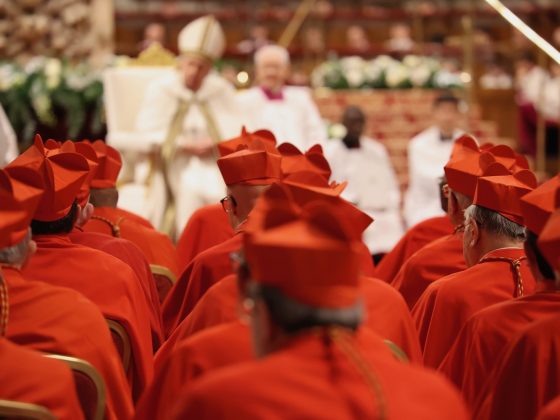Talking about freedom in relation to life in prison may sound like a paradox, but if you dig a little deeper you will appreciate that it is not only a significant topic, but a concept which also varies from state to state and nation to nation.
With that in mind, here is a look at the prisons which afford those incarcerated within them the most freedom, focusing on the developed nations with the most advanced and complex justice systems in place.
USA
Prisoners in the US are protected by a fairly robust selection of basic rights, which means that they can be assured of receiving decent treatment during their time behind bars. From being free to practice whatever religion they follow to being eligible for medical treatment for illnesses ranging from minor injuries to long term conditions, these guarantee a base level of lifestyle to inmates.
There are also extensive visitation rights, as well as opportunities to make contact with friends, family and loved ones via allocated access to phone services, in certain circumstances. And with an inmate locator in Mass and other states available, it is simple for those on the outside to find the people who they know who may have been incarcerated.
Some prisons in the US are even positively luxurious; Butner Federal Correctional Institution in North Carolina, for example, has landscaped gardens, minimal security requirements and cushy accommodation available to its white collar inmates.
Norway
Often cited for its progressive approach to incarceration, Norwegian prisons can be especially liberal when it comes to affording freedoms to inmates.
The pinnacle of this approach is found at Bastoy Prison, which is home to just over 100 inmates and is located in a picturesque position on an island with a selection of beaches and woodlands within the boundaries of the facility itself.
Whether inmates want to spend their hours fishing in the nearby waters, attending concerts and events onsite, or make use of the extensive sporting facilities, few of the normally expected restrictions are in place. The intention here is to rehabilitate prisoners rather than punish them outright, and proponents praise the effectiveness of this strategy in tackling crime.
UK
The UK is one of the few countries in the world to operate so-called ‘open prisons’, of which there are six in total in this island nation.
Here, the cells are never locked, the outer perimeters are not guarded especially rigorously, and inmates are effectively able to continue living as normal, even to the extent of holding a job outside of the prison. The main limitation is that they must return to the prison at the end of each working day, rather than to their family home.
Once again, rehabilitation is the name of the game here, and while critics argue that such a liberal take on prisoner freedom is problematic, the lower rates of recidivism speak for themselves, and could be an example which other regions of the world will follow.










